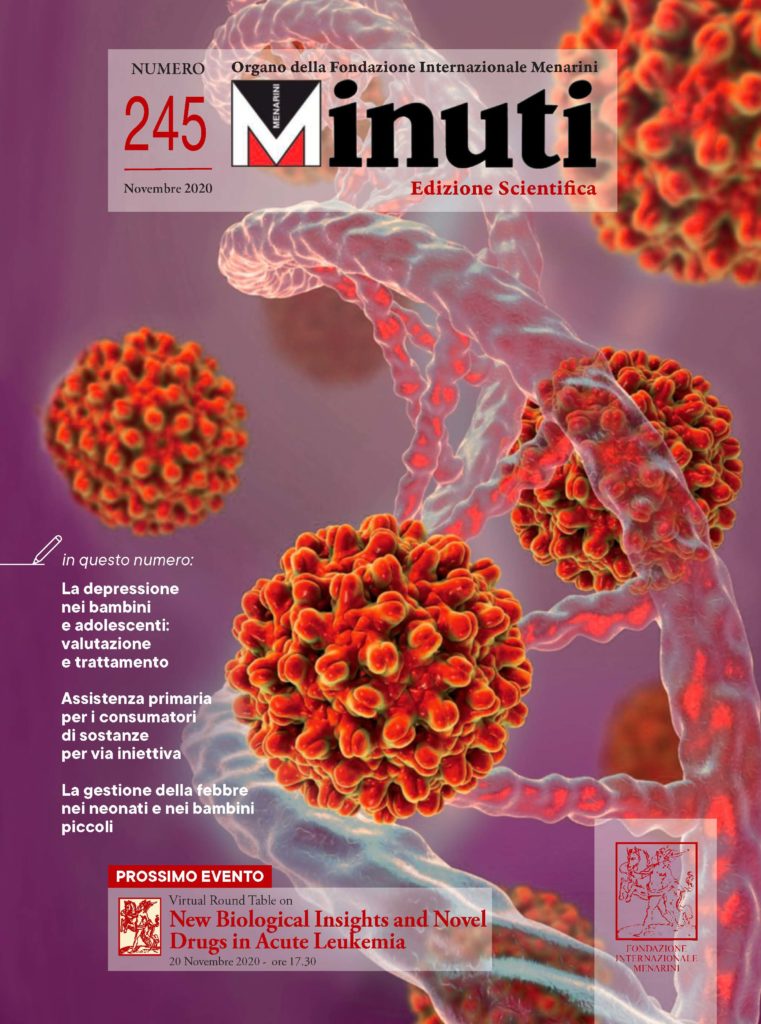
Ulcerative Colitis: Rapid Evidence Review
di Dr. Stephen M. Adams, Dr.ssa Elizabeth D. Close, Dr.ssa Aparna P. Shreenath • June 2023
Ulcerative colitis is a relapsing and remitting inflammatory bowel disease of the large intestine. Risk factors include recent Salmonella or Campylobacter infection and a family history of ulcerative colitis. Diagnosis is suspected based on symptoms of urgency, tenesmus, and hematochezia and is confirmed with endoscopic findings of continuous inflammation from the rectum to more proximal colon, depend- ing on the extent of disease. Fecal calprotectin may be used to assess disease activity and relapse. Medications available to treat the inflammation include 5-aminosalicylic acid, corticosteroids, tumor necrosis factor–alpha antibodies, anti-integrin antibodies, anti-interleukin-12 and -23 antibodies, and Janus kinase inhibitors. Choice of medication and method of delivery depend on the location and sever- ity of mucosal inflammation. Other treatments such as fecal microbiota transplantation are considered experimental, and complementary therapies such as probiotics and curcumin have mixed data. Surgical treatment may be needed for fulminant or refractory disease. Increased risk of colorectal cancer and use of immunosuppressive therapies affect the preventive care needs for these patients.
(Am Fam Physician. 2022; 105(4): 406-411. Copyright © 2022 American Academy of Family Physicians.)
(Am Fam Physician. 2022; 105(4): 406-411. Copyright © 2022 American Academy of Family Physicians.)
Related Articles
Monoartrite acuta: diagnosi negli adulti
di
Dr. Jeremy Swisher, Dr. Zachary Sitton, Dr.ssa Kimberly Burbank, Dr. Chris Nelson
November 2025
Highlights
di
Aaron Saguil, Matthew V. Fargo
∙
February 2021







